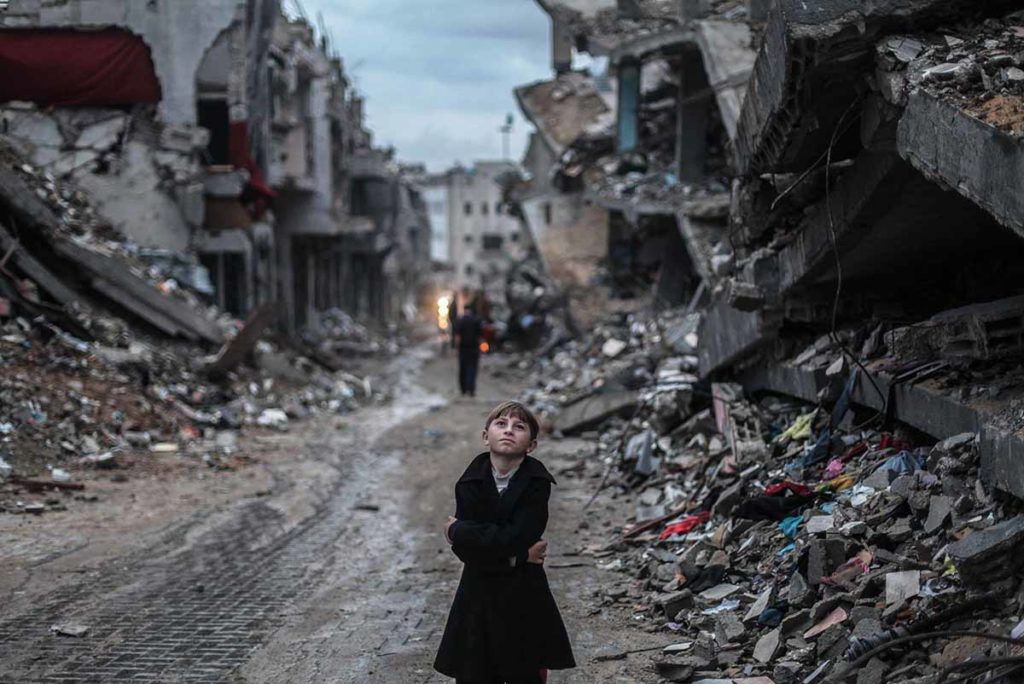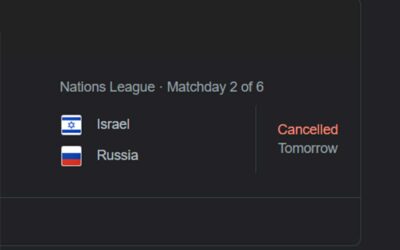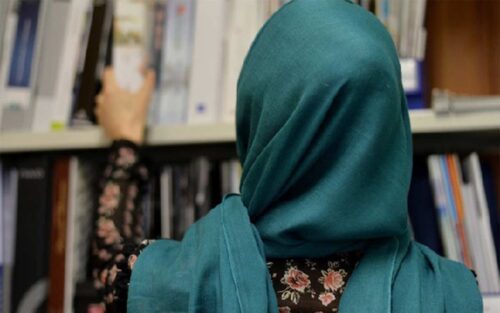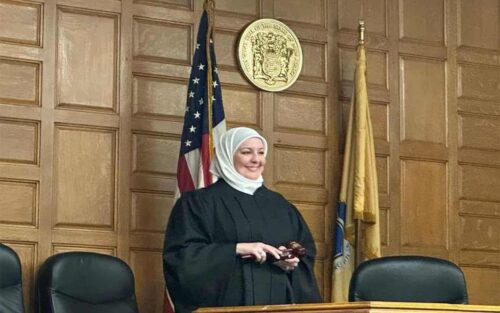A full investigation into alleged war crimes in the Palestinian Territories is to be launched by the International Criminal Court’s chief prosecutor, prompting a fierce backlash from Israel.
There is sufficient evidence to investigate alleged Israeli and Palestinian war crimes committed in the West Bank, East Jerusalem and the Gaza Strip, the international criminal court has announced.
In a landmark decision, the ICC said it saw “no substantial reasons to believe that an investigation would not serve the interests of justice”.
The announcement ended years of preliminary investigations into alleged crimes by both Israeli forces and Palestinians, and signalled that the court was preparing to open a formal investigation.
A statement published by the court’s chief prosecutor, Fatou Bensouda, on the court’s website on Friday said her office “has concluded with the determination that all the statutory criteria under the Rome statute for the opening of an investigation have been met”.
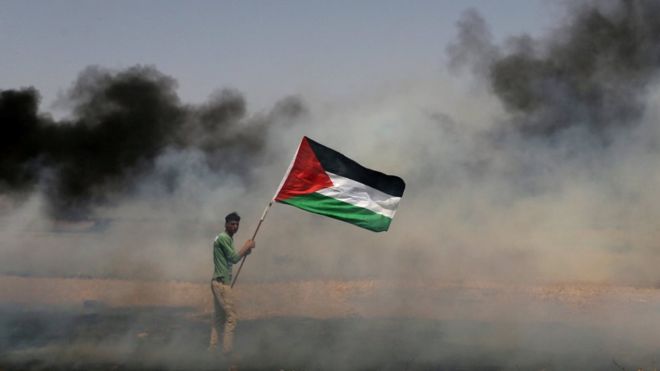
“In brief, I am satisfied that war crimes have been or are being committed in the West Bank, including East Jerusalem, and the Gaza Strip”.
Bensouda’s statement followed a legal opinion published earlier on Friday by Israel’s attorney general, Avichai Mandelblit, arguing that the court had no jurisdiction in the West Bank or in Gaza – apparently intended to pre-empt an imminent decision.
Furious, Israel’s prime minister Benjamin Netanyahu lashed back, claiming the “court has no jurisdiction”. Israel is not a member of the court.
“This is a dark day for truth and justice. It is a baseless and outrageous decision,” he said.
Israeli’s foreign ministry meanwhile said: “The prosecutor has been influenced by Palestinian manipulation, which aims to weaponise the court.”
It added: “The attempt to turn a political issue into a legal one places a serious obstacle in the way of resolving the conflict.”
The Palestinian leadership welcomed the move, calling it a “positive step forward”.
The international community has widely discredited Israel’s claims over Palestinian lands.
And at the request of the Palestinians, Bensouda opened a preliminary investigation into alleged violations of international law following the 2014 war between Israel and Palestinian militants in the Gaza Strip.
The current investigation is not limited to examining Israel’s actions, but will explore alleged crimes committed by all sides including Islamist militant group Hamas.
Bensouda said she has now asked judges in the pre-trial chamber to outline the geographic scope of an investigation.
“Specifically, I have sought confirmation that the ‘territory’ over which the court may exercise its jurisdiction, and which I may subject to investigation, comprises the West Bank, including East Jerusalem, and Gaza,” she said.
Her submission to the pre-trial chamber includes specific mentions of Israel’s use of deadly force against protesters in Gaza, willful killing, Israeli settlements and intentionally directing attacks on protected persons as well as hospitals and medics during different military operations.
On the Palestinian side, she mentioned the attacks on civilians perpetrated by Hamas and other militant groups, their alleged use of human shields, as well as torture, inhuman treatment and the deprivation of fair trial.
The Palestinian foreign ministry welcomed the move as a “long overdue step to move the process forward towards an investigation, after nearly five long and difficult years”.
The question of jurisdiction is likely to be fiercely contested. Under the Rome statute that established the court, it can hear cases only if one of the parties is a signatory. While Israel, like the US, is not a party to the convention, the court accepted Palestinian membership in 2015.
While the prosecutor’s office has argued that its “primary position” is that Palestine is a state for the purposes of the treaty that established it, in his legal opinion on Friday Mandelblit argued that because Palestine was not a sovereign state the court had no jurisdiction.
“The claim that the Palestinians have purported to join the Rome statute does not meet, nor can it replace, the substantive test requiring criminal jurisdiction to have been delegated to the court by a sovereign state with a defined territory,” he said.
A full ICC investigation could lead to possible charges being brought against individuals. States cannot be charged by the ICC.
The nearly five-year preliminary investigation has looked at the 2014 war, which left 2,251 dead on the Palestinian side, the majority of whom were civilians, and 74 on the Israeli side, most of them soldiers.
It has also looked at violence near the Israel-Gaza border in 2018.
Earlier this month, the ICC prosecutor refused to press charges over a deadly 2010 Israeli raid on a flotilla bringing aid to Gaza, and urged that investigation to be shut.
Nine Turkish citizens died in May 2010 when Israeli marines stormed the Mavi Marmara, which was among eight ships trying to break a naval blockade of the Gaza Strip. One more died in hospital in 2014.


